This page is still under construction.
The current projects will be posted here step by step. If you have any questions, please contact Marcus Kindlinger.
Projects
SchuDiDe / ProKIS
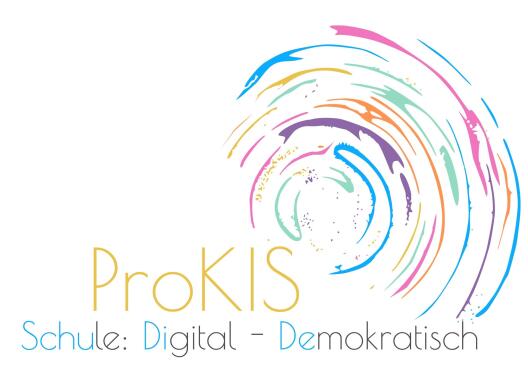
© ProKIS / SchuDiDe The SchuDiDe (School Development: Digital-Democratic) project network develops and tests innovative approaches to make digital schools more democratic. The Münster sub-project ProKIS (Processes of AI-related change in schools) is investigating the integration of generative artificial intelligence in schools and developing participatory training strategies for teachers. These approaches are implemented and scientifically monitored together with school administrators, teachers and students. You can find more information on our project page.
Contact: Marcus Kindlinger
Funded by: BMBFICCS 2027
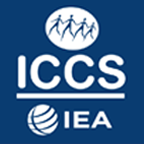
© ICCS The international Civic and Citizenship Education Study (ICCS) investigates civic and citizenship education globally. In 2027, Germany is going to participate with a representative sample for the first time in the 2027 cycle. Students in year 8, teachers as well as school principals are surveyed.
You can find further information on our project site.
Contact: Prof. Dr. Katrin Hahn-Laudenberg
KROKIDS
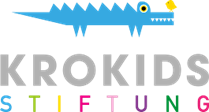
© KROKIDS Cooperation project between the didactics of social sciences and the KROKIDS Foundation for the integration of chronically ill children and young people into everyday school life
It is estimated that around four million children and young people in Germany live with chronic illnesses. In this context, the KROKIDS Foundation, together with the University of Münster, would like to better understand the everyday school life of chronically ill children. It is very important to hear the perspectives of schools, parents and the children themselves. The children are asked to report on how they experience dealing with their illness at school. How can everyday school life be better organized for chronically ill children in order to improve their safety and well-being?
In this context, teachers at schools are also interested in gaining a multi-perspective insight into chronic illnesses in childhood and adolescence.
Translated with DeepL.com (free version)
Participants in the project: Dr. Karin Meendermann, Christian Möwes, Schulleiter, Dr. Stephan Nonhoff, Prof.‘in Annette Zimmer, Prof. em. Dr. med. Klaus-Peter Zimmer
Contact: Dr. Karin Meendermann
DELIA
MAG
Contact: Oliver Krebs
ICCS 2022
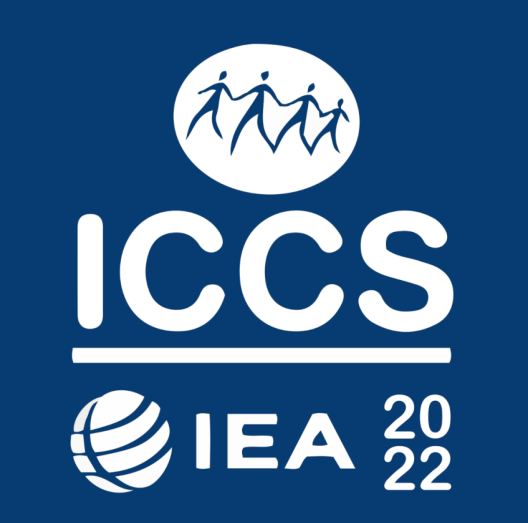
© ICCS Democracies require democratic attitudes and behavior from their citizens in order to survive. These requirements are increasingly threatening to dissolve (Foa & Mounk 2016). The knowledge, beliefs, sense of belonging and dispositions to act that young people develop in relation to democracy are therefore highly relevant for the future of democracies. The interaction of knowledge, beliefs, affiliation and dispositions to act is referred to in ICCS as “political mindset”. This raises two questions for the education sector: firstly, to what extent lessons, schools and other contexts in adolescence contribute to the development of a democratic mindset, and secondly, how schools and lessons can be designed to promote democratic mindsets.
Read the published report online on the homepage of Waxmann-Verlag.
Contact: Prof. Dr. Katrin Hahn-Laudenberg
DAWLS
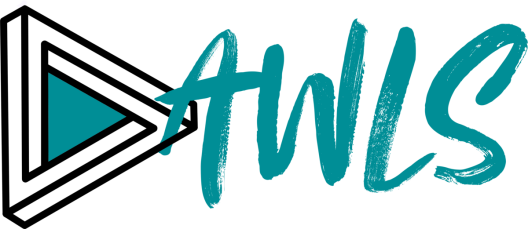
© DAWLS The idea for the project resulted from the observation that students find it difficult to relate and apply diversity-reflective perspectives to concrete situations in educational practice. However, this is essential for a diversity-reflective school practice that aims to reduce exclusion mechanisms as much as possible. In the project, video-based teaching/learning material was developed together with students to link theory and practice of diversity-reflective content and made available as OER materials. To this end, students and teachers jointly visualized typical challenge situations in animated videos using the Canva tool and combined these with interactive tasks to create usable and designable media packages. The modular media packages include, among other things, spontaneous and reflected decisions for action in critical situations. In order to facilitate the use of the media packages in other seminar and (further) education contexts, we also worked with the students to develop analysis and reflection tasks as well as a handout that provides lecturers in other courses with information on how to use the video and the tasks. The video, tasks and handout form a media package. DAWLS therefore promotes the action, reflection as well as digital skills of (prospective) teachers in a participatory and sustainable way on their way to dealing professionally with diversity in educational institutions.
Further information and the published teaching and learning materials can be found on the DAWLS project page.
Contact: Prof. Dr. Katrin Hahn-Laudenberg
LArS
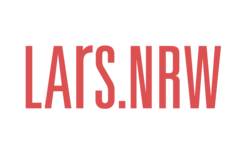
© LArS.nrw LEARNING BASED ON ANIMATED FILMS, WHICH REPRODUCE REAL SCENES FROM SOCIOCENTRIC CLASSES.
Within the LArS project (2020-2022), a cross-university team at the universities of Dortmund, Duisburg-Essen and Wuppertal as well as in Leipzig developed freely accessible animated teaching videos for the professionalization of prospective teachers in social science subjects (politics, economics-politics, social studies and social sciences). More information as well as the resulting videos and teaching/learning materials can be found on the project website.
We also recommend the open-acess book publication on the project.
Contact: Prof. Dr. Katrin Hahn-Laudenberg
TRIBES
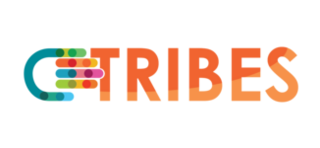
© TRIBES The EU-COST-Action CA18115 "Transnational Collaboration on Bullying, Migration and Integration at School Level" (TRIBES) focuses on networking research about requirements for school development under the conditions of diverse societies in democracies in order to derive practice relevant concepts.
The TRIBES-project is trying to promote collaboration, to create and improve scientific measures as well as guidelines and establish more capacities in those complicated areas. This is supposed to help guarantee integration, decrease bullying and enhance the feeling of comfort and safety for students with a migration background. Those actions will hopefully have a positive influence on every student in the EU and help foster social stability.
Kathrin Hahn-Laudenberg is a substitute member of the Management Committee for Germany and member of the work group four: Pupil Voice & The Promotion of Inclusion.
Contact: Professor Dr Katrin Hahn-Laudenberg
ICCS 2016
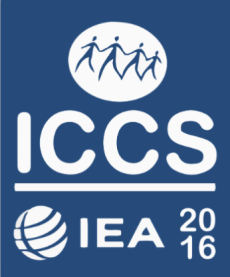
© ICCS A democratic state is a constantly unfinished project. It only endures as long as it is constantly being created and renewed by its citizens. The knowledge, attitudes, identities and dispositions to act that the rising generation of citizens develops in relation to democracy and citizenship are therefore of particular relevance for the future of democracies. The International Civic and Citizenship Education Study 2016 (ICCS 2016) is guided by the question of how well young people are prepared for their role as citizens in democracies. In 2016, North Rhine-Westphalia was one of 24 school systems in Europe, Asia and Latin America to take part in ICCS 2016. This is the first time since 1999 that internationally comparable findings on the situation of political and civic education are available for a German federal state.
The complete national report on ICCS 2016 is available from Waxmann as a book and as a download.
Contact: Prof. Dr. Katrin Hahn-Laudenberg

